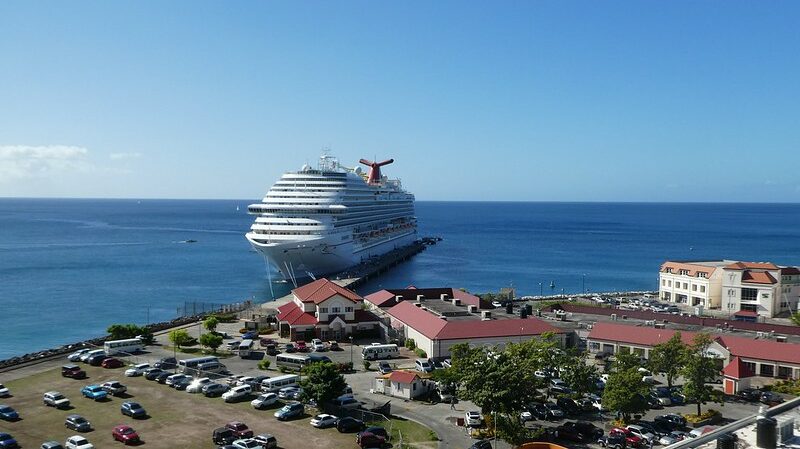“We are squeezed on all sides,” says Antiguan diplomat Aubrey Webson.
Many small island states rely on tourism to bring in cash. Coronavirus has cancelled millions of beach holidays and cyclones periodically deal development setbacks. But there is no break from debt repayments for those classed as “middle income” – even when that income dries up.
That’s one of the issues animating this year’s IMF and World Bank spring meetings, with Kristalina Georgieva saying vulnerability to climate shocks should be factored into the allocation of international finance.
The IMF is preparing to inject $650 billion into the global economy, which could bring some relief to the squeezed middle, depending on the details to follow in the summer.
This week’s news…
- Cyclone Seroja kills 160 people, exposes Indonesia’s climate vulnerability
- Japan set to raise ambition of 2030 climate goal
- Climate vulnerability should be factored into debt relief, says IMF head
- South Africa sets out to tighten 2030 emissions target
…and comment
Drum roll please…
If you want exclusive news, snap analysis and an essential round-up of international climate coverage in your inbox every weekday, get excited! Climate Home News is preparing to launch the Climate Daily. Watch this space.
Building back worse
The deadly impact of Cyclone Seroja in Indonesia has brought renewed criticism of the government’s environmental deregulation agenda.
More than 160 people have been killed amid flash flooding and landslides since the storm made landfall on Monday.
A law passed in late 2020 to promote economic recovery from the pandemic risks increasing vulnerability to such storms, environmentalists warn, by making it easier for companies to clear forest and open mines.
